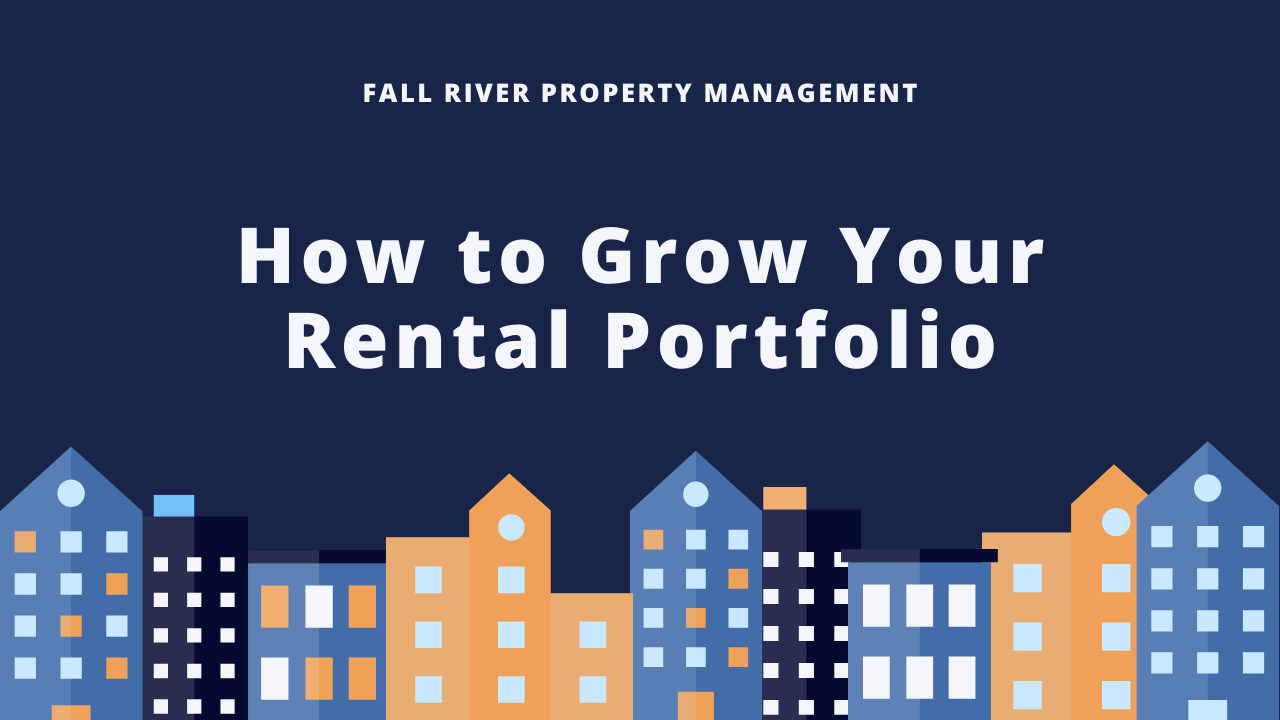
- Best Practices for Rental Portfolio Growth
- Strategic Goal Setting
- Investment Strategy Selection
- Risk Assessment and Management
- Portfolio Diversification
- Portfolio Scaling Strategies
- Effective Property Management
- Financial Planning and Budgeting
- Market Research and Analysis
- Networking and Relationship Building
- Continuous Learning and Education
- Wrapping Up

Are you a landlord looking to expand your rental portfolio and take your real estate ventures to the next level? If so, you're in the right place!
Building a successful rental portfolio is not just about acquiring properties; it's about strategic growth, long-term planning, and maximizing returns on your investments.
Whether you're an experienced pro or just starting out, this article is packed with practical tips and advice to help you navigate the journey of growing your rental portfolio with confidence and success. So, grab a cup of coffee, sit back, and let's dive into the exciting world of rental property expansion!
Best Practices for Rental Portfolio Growth
Here are some of the best practices landlords can implement to grow their rental portfolio:
1. Strategic Goal Setting
Setting SMART (Specific, Measurable, Achievable, Relevant, Time-bound) goals is crucial for providing direction and focus to your portfolio growth efforts. Specific goals outline precisely what you want to achieve, such as acquiring a certain number of properties or reaching a target rental income.
Measurable goals allow you to track progress and evaluate success objectively. Ensure your goals are achievable and realistic within your means and resources, and relevant to your long-term vision for your portfolio. Finally, establish a timeframe for each goal to create a sense of urgency and accountability.
2. Investment Strategy Selection
Selecting the right investment strategy is fundamental to the success of your rental portfolio growth. Consider factors such as your financial resources, risk tolerance, market conditions, and investment goals when determining your strategy.

Long-term buy-and-hold investing offers steady rental income and potential appreciation over time, while fix-and-flip projects can generate quick profits but require active management and renovation expertise.
Vacation rentals may provide higher rental yields in tourist areas but come with seasonal demand fluctuations. Evaluate each strategy carefully and choose one aligned with your objectives and preferences.
3. Risk Assessment and Management
Understanding your risk tolerance is essential for making informed investment decisions and safeguarding your portfolio against potential pitfalls. Assess your willingness and capacity to tolerate market volatility, financial setbacks, and unexpected challenges.
Conservative investors may prefer low-risk, stable investments with modest returns, whereas more aggressive investors may be comfortable taking on higher levels of risk for the potential of greater rewards.
Consider factors such as your investment horizon, financial goals, and personal circumstances when determining your risk tolerance. Balancing risk and reward is key to building a resilient and sustainable rental portfolio over the long term.
4. Portfolio Diversification
Diversifying your rental portfolio involves spreading your investments across different types of properties, locations, and asset classes to mitigate risk and optimize returns.
By diversifying, you can reduce the impact of any single property's performance on your overall portfolio and take advantage of varying market conditions.
Consider investing in a mix of residential, commercial, and multifamily properties, as well as properties in different neighborhoods or cities with diverse economic drivers.

You should also explore alternative real estate investments such as real estate investment trusts (REITs), private equity funds, or crowdfunding platforms to further diversify your portfolio and access new opportunities.
5. Portfolio Scaling Strategies
Scaling your rental portfolio involves strategically expanding your property holdings over time to increase rental income, equity, and overall portfolio value. Identify opportunities to grow your portfolio through acquisitions, renovations, or partnerships with other investors.
Conduct thorough market research to identify emerging trends, underserved markets, or distressed properties ripe for investment.
Leverage financing options such as mortgages, private loans, or seller financing to fund new acquisitions while maximizing leverage and preserving liquidity.
Continuously assess your portfolio's performance, adjust your strategies as needed, and remain agile in response to market dynamics to sustain growth momentum.
6. Effective Property Management
Effective property management is essential for optimizing the performance and profitability of your rental portfolio. Implement efficient systems and processes to handle tenant screening, leasing, rent collection, maintenance, and property inspections.
Utilize technology tools such as property management software, online rental platforms, and automated communication systems to streamline operations, enhance tenant experiences, and minimize administrative burdens.
Consider outsourcing property management tasks to professional management companies, like Fall River Property Management, if managing your portfolio becomes overwhelming or time-consuming.
7. Financial Planning and Budgeting
Developing a comprehensive financial plan and budget is essential for successful portfolio growth. Start by assessing your current financial situation, including income, expenses, assets, and liabilities.

Determine how much capital you have available for investment and establish a budget for acquiring new properties, renovations, and ongoing expenses such as property taxes, insurance, and maintenance.
Consider working with financial advisors or real estate professionals to create a tailored financial plan that aligns with your investment goals and risk tolerance.
8. Market Research and Analysis
Conducting thorough market research and analysis is crucial for identifying lucrative investment opportunities and making informed decisions. Stay informed about local market trends, rental demand, population growth, employment rates, and economic indicators to gauge the overall health of the real estate market.
Analyze comparable property sales, rental rates, vacancy rates, and property appreciation trends to assess the potential return on investment for prospective properties. Utilize online resources, real estate databases, and networking connections to gather market intelligence and stay ahead of the competition.
9. Networking and Relationship Building
Building a strong network of real estate professionals and industry contacts can provide valuable insights, opportunities, and support for growing your rental portfolio.
Attend real estate networking events, seminars, and conferences to connect with fellow investors, lenders, real estate agents, property managers, contractors, and other key stakeholders.
Cultivate mutually beneficial relationships based on trust, integrity, and shared interests, and be proactive in seeking out collaboration opportunities and referrals.
10. Continuous Learning and Education
Committing to continuous learning and education is essential for staying informed about industry trends, best practices, regulatory changes, and emerging technologies that can impact your rental portfolio.

Invest in your personal and professional development by attending workshops, seminars, webinars, and educational programs focused on real estate investing, property management, finance, and legal matters.
By staying curious, adaptable, and proactive in seeking out learning opportunities, you can enhance your expertise and position yourself for success as you grow your rental portfolio.
Wrapping Up
Growing your rental portfolio requires careful planning, strategic decision-making, and continuous learning. By setting SMART goals, diversifying investments, and leveraging market insights, landlords can unlock new opportunities for portfolio expansion.
Partnering with a reputable property management company like Fall River Property Management can streamline operations, optimize tenant satisfaction, and maximize returns on investment.
With our expertise in property management, landlords can confidently navigate the journey of portfolio growth and achieve long-term success in the real estate market.
Contact us today to get started!